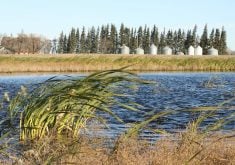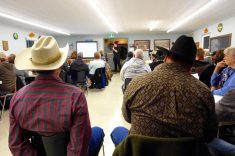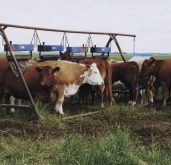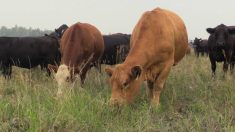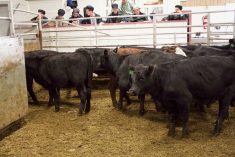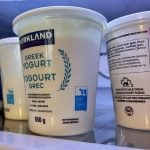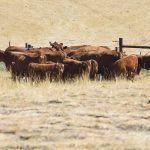Manitoba Beef Producers wants to use this fall’s district meetings to reopen discussion about a potential livestock inspection service in the province.
The organization’s district meeting season runs Oct. 21-Nov. 5 in odd-numbered districts, where elections will take place. A virtual meeting for all producers will be held Nov. 6.
Why it matters: Livestock inspection have been hotly debated several times in the Manitoba cattle sector.
Read Also
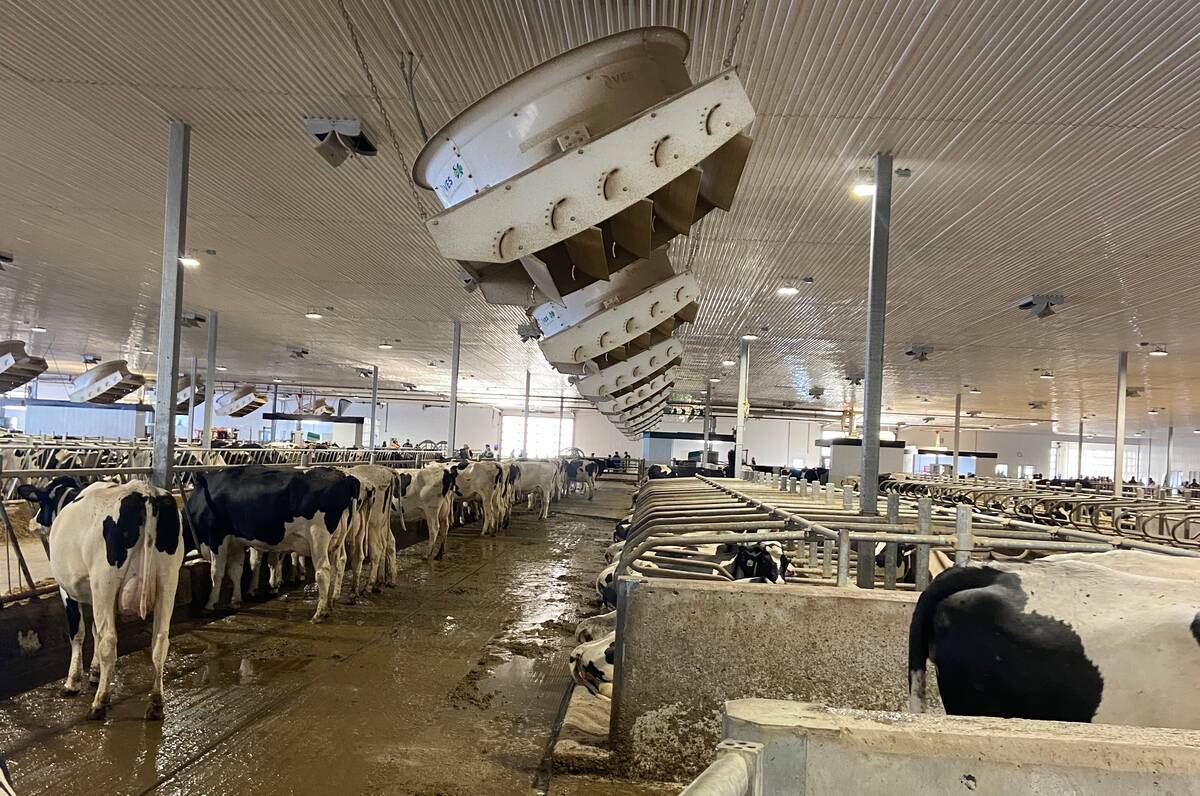
The economic case for sending dairy cows to market younger
Keeping a younger, healthier dairy herd protects both cattle welfare and the dairy farmer’s milk profits, speaker says.
Manitoba is the only province without a livestock inspection service. MBP has previously said such a service dovetails with a more popular idea: a dedicated police officer.
Speaking at the organization’s annual meeting in February, one livestock RCMP officer from Saskatchewan said he commonly works with that province’s livestock inspection service in his investigations.
General manager Carson Callum said he’s getting signals that it’s time to revive the debate among the membership.
“We feel there’s a benefit here, especially in light of cattle prices and the increased risk of theft and fraudulent activity,” he said. “So we really want to hear that feedback, and that’s really the intent of this discussion.”
Callum suggested several reasons why a livestock inspection service hasn’t taken hold in the province. Manitoba sits between two regions that have different approaches when it comes to livestock inspection, he noted.
“Everybody to the west has an inspection service formally and then, to the east of us in Ontario, they have a different method where it’s more provincially run and not a separate service. Because we’ve always been in that middle ground, it’s been difficult for folks to wrap their heads around the value.”
There is also the issue of branding, which has been identified as a factor in successful livestock theft and fraud investigations. In Manitoba, the practice is less common.
“Branding is a key form of visual identifier for cattle,” said Callum. “We’d want to have a discussion on what could be the added value of an inspection service, even for those that don’t brand. Could it help with any of the new traceability regulations that are coming with movement reporting and those types of things?”
Cost has been another wrinkle in the discussion. In other provinces, the inspection service is paid through a checkoff.
“We’d want to discuss how we could ensure value is seen by the primary producer if implemented here in the province,” he said. “The intent is not to be for or against at this point; we really just want to hear what our producers think.”
Meetings will also delve into perennial issues affecting the industry, including business risk management and predation.
“We will also bring up some of the important work with our federal group, the Canadian Cattle Association, on the various bills that are important to our sector, in particular, Bill C-282, which is a trade bill that we’re concerned about,” said Callum.
That bill is meant to protect supply managed sectors from trade concessions the next time Canada is negotiating a trade agreement.




